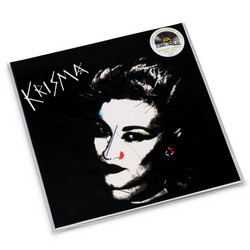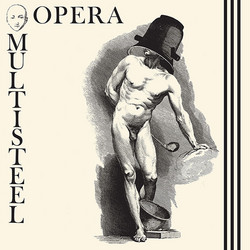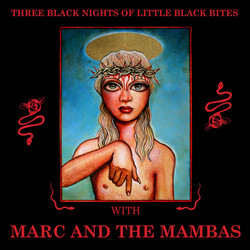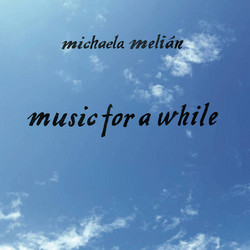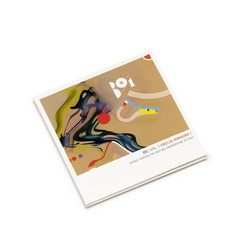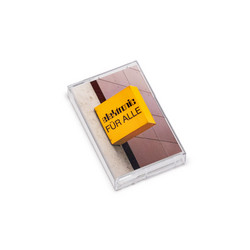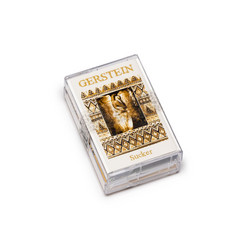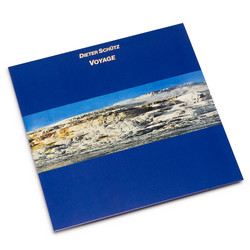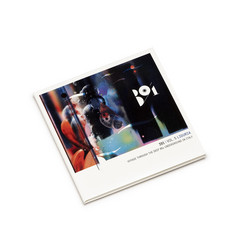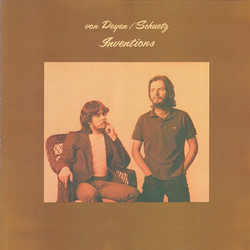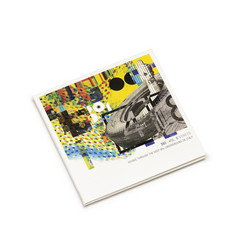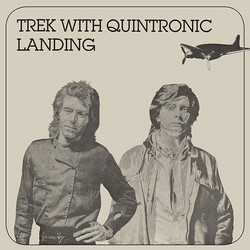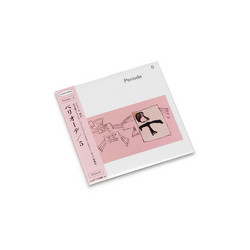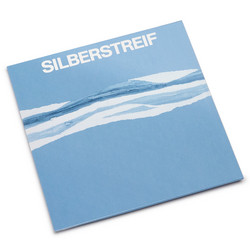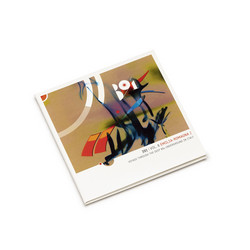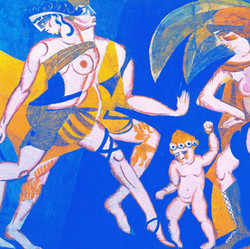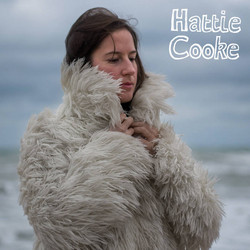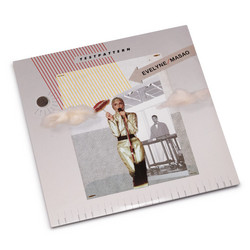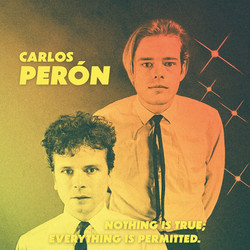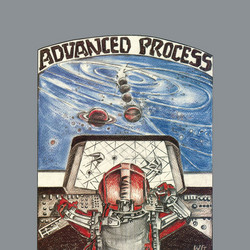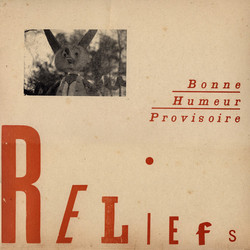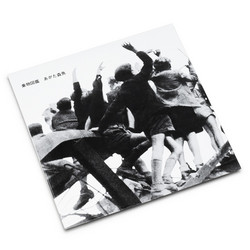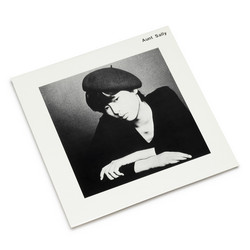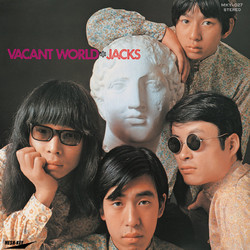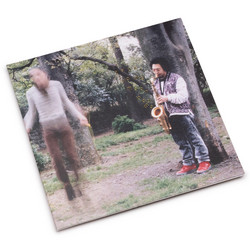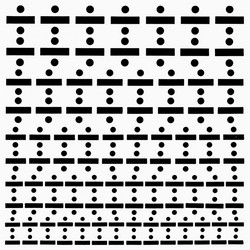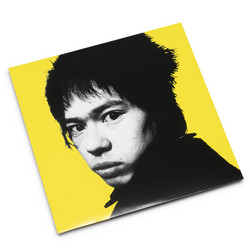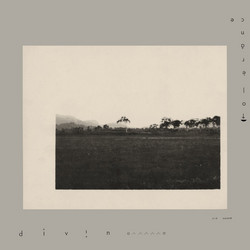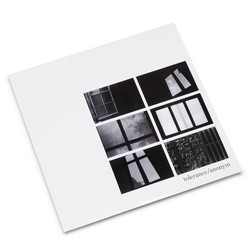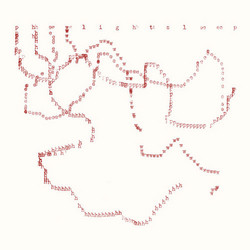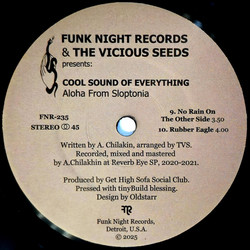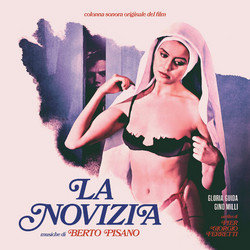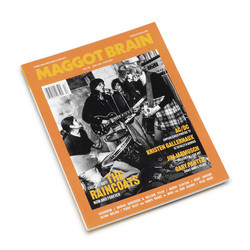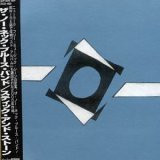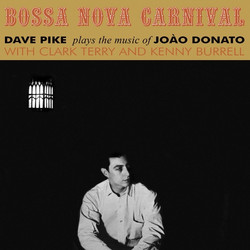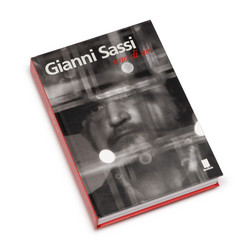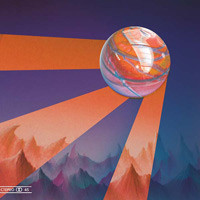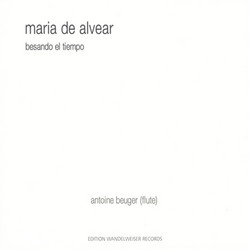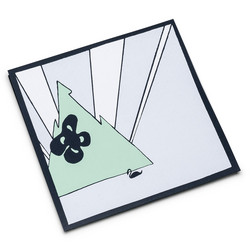Nagisa Yoko, Justin Simon
Kayoko Nonsense (LP, Single Sided)
2025 stock A special collaboration between old friends Justin Simon and Nagisa Yoko. Justin's songwriting and production take Yoko into more primitive/tweaked out territory than her usual recorded output. It also features fellow Yoko fan and notorious underground Tokyo journalist Naruse's ode to Yoko, recorded late one night in Inokashira park.
Takuyuki Moriya (Ghost, Tsuki No Wa) plays bass on "Kamikakushi."
Yoko bio from old Mesh-Key website:
If Asakawa Maki were possessed with Iggy Pop's soul, if Lydia Lunch's spirit invaded Eri Chiemi, if Wada Akiko grew her hair out and popped some hallucinogens, still none would outshine Tokyo's enigmatic psychedelic kayokyoku/enka/chanson singer, Nagisa Yoko.
A captivating performer with a golden voice, Yoko has mesmerized Japanese audiences for nearly ten years. She spent her formative years in cabarets in Tokyo's filthy "entertainment" district, Kabukicho, a seedy and sometimes belligerent environment. And her roots show--Yoko has a confident, no-nonsense demeanor, and even her most elegant, refined performances can be intimidating. Yoko is the real thing.
I saw Yoko for the first time at one of Konishi's Readymade parties. In the middle of his DJ set, Konishi handed Yoko a microphone and she sang an original, "Adam and Eve." The dance floor parted at the first note and Yoko, hidden under a large hat and sunglasses, swiveled through the audience. She transformed the atmosphere of the room in seconds. Later that night she gave me a flyer for a show she was playing with an elderly gentleman named "Rapping Grandpa." I went and was floored again. Five hundred people had crammed into a community hall an hour outside of central Tokyo to see the main act, Crazy Ken Band. The moment I sat down the curtains parted to reveal Yoko surrounded by her backup dancers, the Neon Cups. They kicked into the reverb drenched "Psychedelic De Ikou," an Ai Sato-penned Yoko original. The Neon Cups, decked out in matching outfits, haphazardly shook their pompoms, and Yoko's powerful voice echoed through the hall. I felt like I had stepped into a time machine.
Since then I've seen Yoko perform tens of times, and each time feels like the first. Some highlights over the years included her guerilla karaoke performances for the homeless communities in the pockets of Shinjuku station, her mind-blowing outdoor set at the Yokohama Kotobuki-cho festival/fundraiser, and her full-on psychedelic raves at the turn of the century with her soulful young backup band, the Hips, accompanied on special occasions by the completely terrible but somehow appropriate Neon Cups. Yoko runs with a disparate bunch--she sings at least twice a month at Togawa Masako's Aoi Heya chanson club in Shibuya, records for Pizzicato Five's Konishi's Readymade label, collaborates with Tokyo and Osaka's better underground filmmakers, and sings her lungs out at benefits and charity events for various politically progressive, lefty organizations. Her immediate entourage is a colorful group of idiosyncratic, talented weirdos, whom you can learn about here [link]. She is currently working on her next studio album with noise musician-turned-literary-superstar Nakahara Masaya.
There is no such thing as a mediocre Yoko performance. Hopefully Yoko will tour outside Japan one day. She deserves a larger audience.
